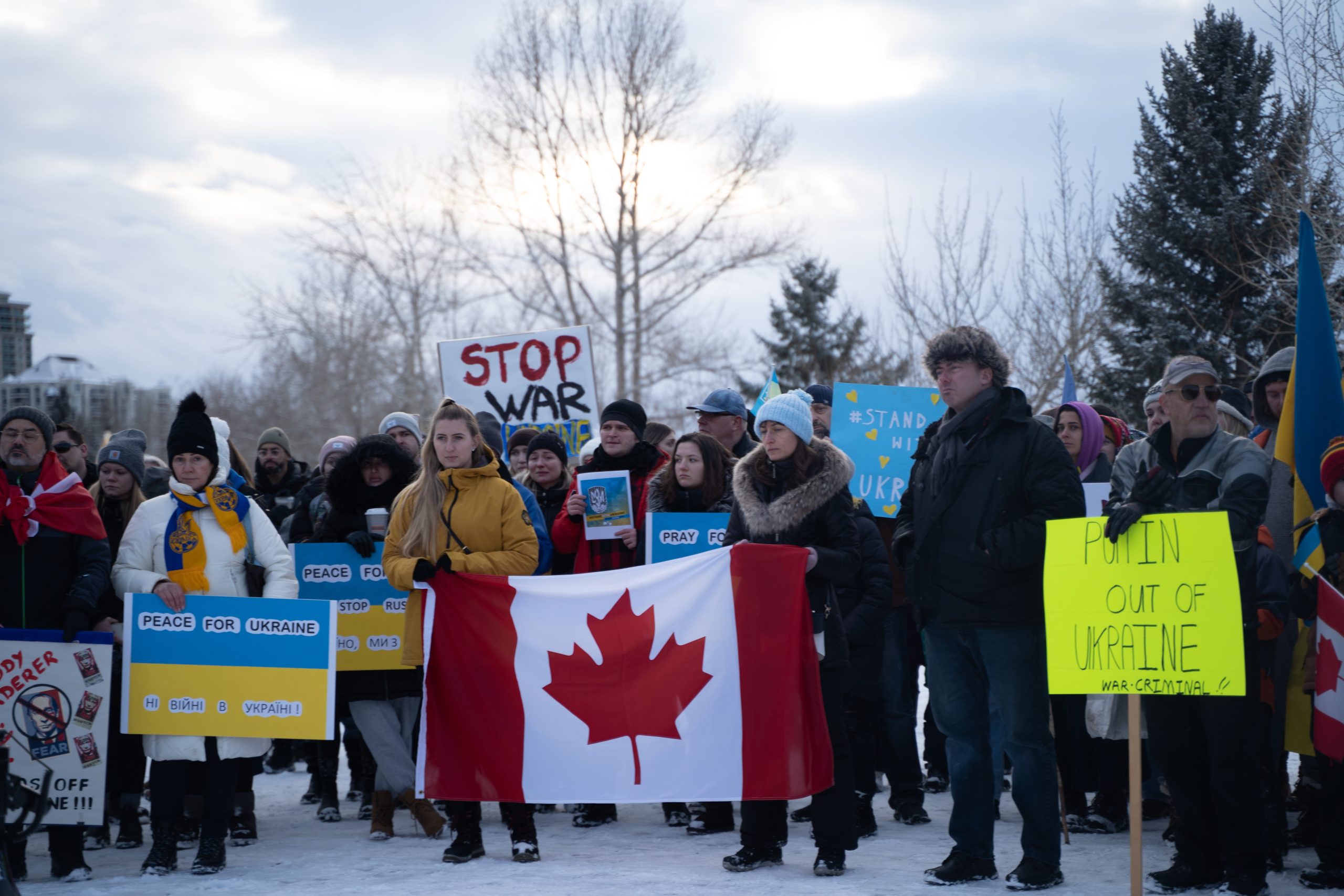
Photo by Ahmed Zalabany on Unsplash
I am not a journalist. I am not a politician. I am not a historian. Nor am I an academic in geopolitics. I am just a citizen of the world, like you, scrolling the news and wondering ‘what on earth is going on?.’ There’s a feeling that crisis after crisis are piling one on top of the other. It is hard to watch it all unfold.
After the February 24th Russian invasion of Ukraine, many people scrolled through their newsfeeds in shock at the unfolding events. Staring into our phones at the latest heart grabbing story, war correspondent report, or pundit analysis, how are we to sort through all this to understand for ourselves what is going on?
In Human Learning Ecology, we teach a concept called Orienting Stories. For any given situation, whether consciously or unconsciously, humans try and orient themselves to what’s going on and what that might mean for us. Think of a first responder arriving at the scene of an accident. Upon coming to the scene they’ll run through a set of questions like: What happened here? What’s going on now? What can I do? Who else can help?
We do this in all situations. Joining your staff meeting on Monday morning, you might work through similar questions. We constantly gather intelligence about the situations we are in. This is part of why the news is so important to us and why we feel compelled to consume it. News and media serve an important societal function of alerting us to the larger unfolding situations that we are embedded in. We just can’t get firsthand experience of it all, so we need to rely on others’ orienting stories.
When orienting stories are adaptive, they are sufficiently comprehensive and accurate enough to allow us to make intelligent judgements. A good orienting story should tell you something about:
- How things came to be
- Where things could be headed
- What you could / should do in the situation
- How others could / should contribute
The problem is that many orienting stories aren’t comprehensive enough and may or may not be accurate. This is the sense I get scrolling through the news. I can never quite get enough information, I never feel like I have the full picture and I keep searching and searching for the missing piece. This behaviour can leave me feeling more disoriented and burnt out. Just because people follow the news doesn’t mean they will interpret it in helpful ways.
A recent meeting with fellow Human Venture community members reminded me of meaningful reasons why, despite the barrage of atrocities and complex challenges in our world, it is still critical that we strive to be informed citizens. In fact, there are helpful strategies to use when reading the news that improves your information gathering and reduces disorientation.
Doing so can help you to focus on the most significant pieces of the story and frame it within the larger human and life story. Yes, you will still encounter news that leaves you dismayed and depressed about the dark side of humanity—which is important for us to pay attention to—but it can also leave you feeling more empowered about your own ability to understand the world.
What follows are some patterns I observed in our Human Venture conversation about how people were engaging with resources to understand the Russian invasion of Ukraine.
Read well ahead of the situation. When was the last time you picked up a book on a topic you knew little about? Reading widely is an important task in understanding the world. I recently re-organized my own library attempting to categorize it by the Human Venture booklist. This exercise reminded me that there are areas of our human story that I have yet to wander into.
If reading widely is part of one’s practice, as situations emerge, past books that you have read become a touchpoint for you to bring to the moment to understand what is going on. You have a bit of a file folder already in place in your thinking to open up and organize and test new information against as it comes in. A couple of books like this came up in our discussion:
Prisoners of Geography: Ten Maps That Tell You Everything You Need to Know About Global Politics by Tim Marshall. The first chapter talks about Russia and Crimea. Geography is still a critical element of geopolitics and unfolding situations.
A Spy’s Guide to Strategy by John Braddock. A big part of understanding the adversary’s strategy is understanding their end game. What is Putin’s end game? Often, we have gotten it wrong and thus are using strategies, operations and tactics that just don’t fit the bill.
Find those whose role it is to pay attention to the situation. Clay Johnson, the author of Information Diet: A Case for Conscious Consumption, recommends “consuming news from close to its source”. Social media has revolutionized our access to stories directly from those embedded in events. Along with access, however, we got volume. Sorting through all that is overwhelming and it is often impossible to pull the signal from the noise. But what about people whose job it is to do just that? Accounts from people with military strategy or intelligence experience can help provide analysis of what’s going on and what to pay attention to.
For example, Andrew Bacevich, a retired US Army colonel and an American historian specializing in military history and security studies, wrote this article in the Boston Globe about the invasion. And the UK’s former MI6 Chief had this to say about the Russia and Ukraine conflict.
Identify and read your own trusted sources. Similar to reading well ahead, having some sources in certain areas that you know well is helpful. They may not always be 100% accurate but if you know their approach and their body of work, their perspective on the situation can be very revealing.
Chrystia Freeland came to mind for me as I know something about her journey from journalist to politician. She is of Ukrainian descent and has been writing on Ukrainian and Russian relationships for many years. You may recognize her as the author of Plutocrats: The Rise of the New Global Super-Rich and the Fall of Everyone Else that was recommended on the Human Venture book list but I picked up a copy of her 2015 Brooking’s Essay My Ukraine: A personal reflection on a Nations’ Dream of Independence and the Nightmare Vladimir Putin Has Visited Upon It. In it she points to Putin’s intentions:
“He [Putin] doesn’t need Ukraine for economic gain—indeed, his aggression has come at a great, and mounting, economic cost. He doesn’t need Ukraine for strategic reasons—Putin today is master of Crimea, but Russia is more isolated, less respected, and surrounded by more suspicious neighbours than was the proud host of the Sochi Olympics just a year ago. He doesn’t even need the immediate popularity bump leaders always get at the beginning of a foreign war, especially one promised to be short and victorious.
What he does need is to show that a democratic, rule-of-law Ukraine can’t work. As Mikhail Kasyanov, who served as Putin’s prime minister and once shared a sauna with his boss before joining the political opposition, told me in November: “We are similar people. As soon as Russians understand that Ukrainians can be free, why shouldn’t we be, too? That is why Putin hates what is happening so much, and doesn’t want Ukraine to escape its grip.”
– Chrystia Freeland
Think about intersecting societal systems. What does this situation look like if you were looking at it through the lens of technology and communication systems? This war may be very different from others because of the Informationscape Battleground. Wars now include a totally new area of conflict that can impact institutions, infrastructure and thoughtscapes.
This video titled Smarter Every Day – The Changing Landscape of War could be a helpful resource. And I found this article from the International Food Policy Research Institute on the potential impact of the invasion on food security to be relevant to my own interests in food and agriculture.
Hear from voices you don’t often hear from. If one is really paying attention, one can’t help but see the imbalance of coverage of the Ukraine invasion compared to other atrocities that are happening concurrently. Yes, the threat of nuclear warfare heightens this conflict in the world but the violence, injustices, and loss of human life no matter where it is should be getting air time.
We are bombarded with news oriented from our own western perspectives. Our western media tells us what is important and provides us with a very narrow view. What are people saying in other parts of the world, what are their perspectives?
For example, Kenya’s envoy to UN cited their colonial past as he condemned Russia’s move into Ukraine.
Listening to the voices of humanity. The human tragedy for Ukrainians and all of those oppressed by war and colonialism and greed is at times unbearable. The sixteenth century poet Lavater wrote “What do I owe to my times, to my country, to my neighbours, to my friends?—Such are the questions which a virtuous man ought often to ask himself.” There are times where all we can do is bear witness to our fellow human beings so that we might learn how to warn future generations of the lessons learned of the past.
Ukrainian poet Lyuba Yakimchuk reflects on war and the burden of a motherland in her poem prayer.
The invasion of Ukraine has also been a trending topic on the Human Venture Community discussion board, available to alumni of Human Venture Leadership.
Dana Penrice is a farmer and works to guide fellow farmers transitioning to regenerative practices that improve the health of ecosystems and human communities. Dana also works with groups focused on food system change.
